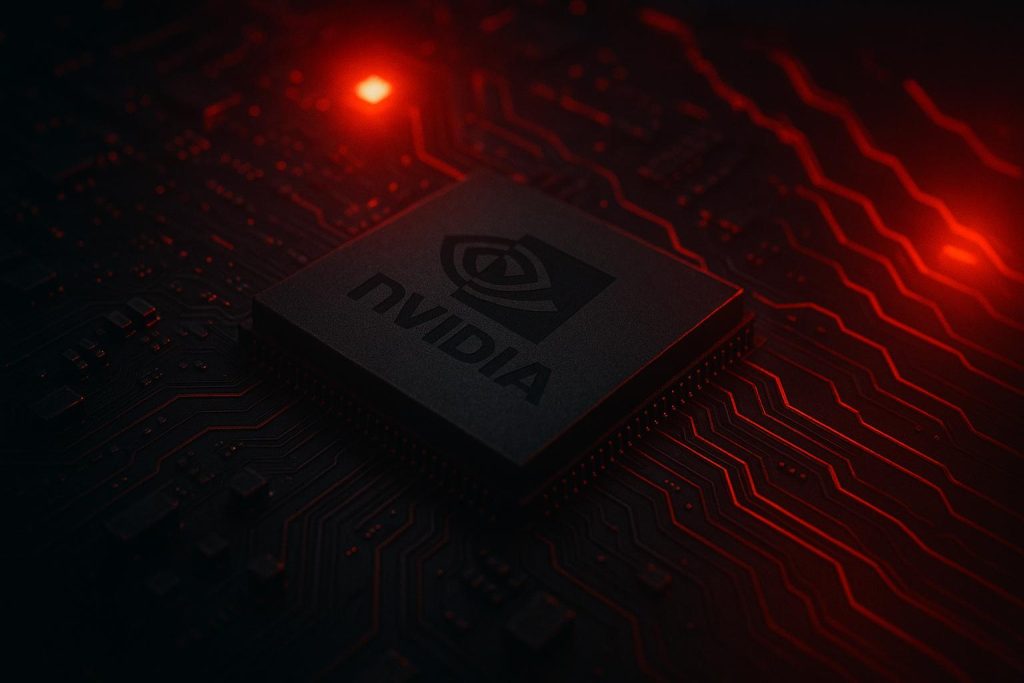Listen to the article
China has ordered its major tech firms to halt purchasing Nvidia’s AI chips, signalling a strategic move to bolster domestic semiconductor industries amid ongoing US-China trade tensions and fears over foreign technology reliance.
Tensions between the United States and China have flared anew over the technology sector, with China imposing a ban on its major tech companies from purchasing specific Nvidia artificial intelligence chips. This move underscores the ongoing strategic rivalry between the two powers, as they vie for supremacy in critical high-tech industries. The Cyberspace Administration of China (CAC), the country’s internet regulator, has ordered leading firms like ByteDance and Alibaba to halt buying and testing of Nvidia’s RTX Pro 6000D chip, a model tailored for the Chinese market under U.S. export restrictions.
The RTX Pro 6000D has been designed with scaled-down performance capabilities to align with American export controls, yet China’s authorities have blocked its acquisition to prevent reliance on U.S.-made technology. This directive also follows accusations from Beijing that Nvidia violated Chinese anti-monopoly laws, allegations which Nvidia has publicly denied. The ban comes shortly after a similar order to cease purchases of another Nvidia chip, the H20, which was embroiled in cybersecurity concerns. Chinese regulators accused the H20 of containing “backdoor” vulnerabilities that could allow remote tracking and disabling, claims Nvidia has strongly refuted, reiterating its commitment to cybersecurity.
China’s actions reflect a broader pattern of attempting to bolster its domestic semiconductor industry and reduce dependence on foreign technology amid escalating U.S.-China trade tensions. Industry analysts note that the ban on Nvidia’s AI chips is part of a strategic negotiation gambit in the ongoing tech trade dispute. The regulation not only affects Nvidia but also has ramifications for its memory suppliers like Samsung Electronics and SK hynix, though some reports suggest the impact on these firms is likely to be limited.
This latest prohibition highlights how the chip war is evolving, with China seeking to assert technological sovereignty and control within its borders. By ordering its tech giants to avoid importing certain high-performance AI chips, Beijing aims to foster local development while shielding its digital infrastructure from potential foreign interference. These developments come amid heightened scrutiny of Chinese tech companies’ activities internationally and follow previous disputes such as those involving TikTok’s ownership and operations.
The escalating conflict over semiconductor access underscores the geopolitical complexities underpinning the global tech supply chain, where innovation, national security, and market control are deeply intertwined. As Washington and Beijing continue their technological tug-of-war, companies like Nvidia find themselves navigating an increasingly fraught landscape shaped by competing regulatory frameworks and geopolitical strategies.
📌 Reference Map:
Source: Fuse Wire Services


